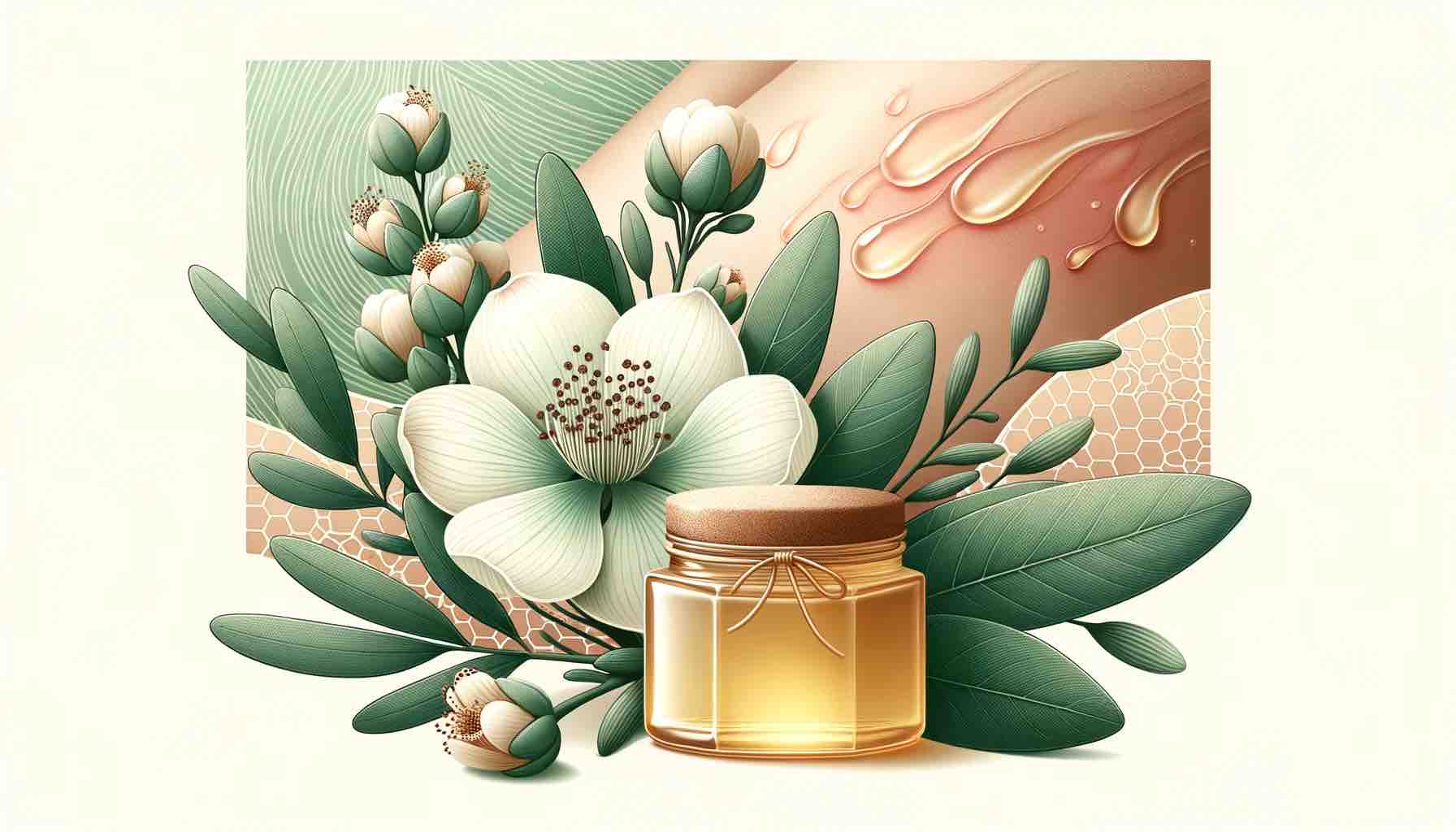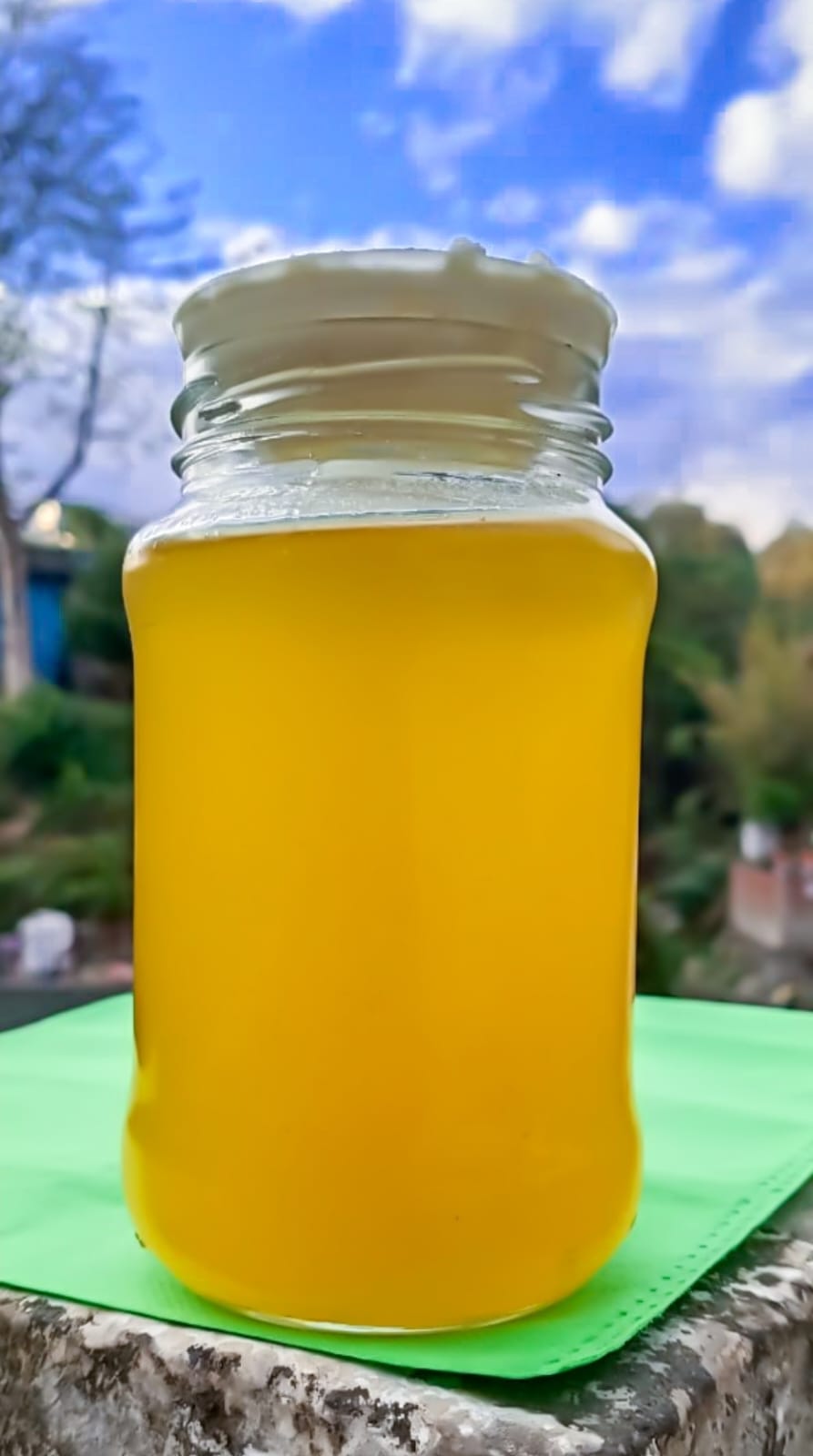
Embark on a journey through the aromatic alleys of nature’s own apothecary, where clove, a modest yet mighty spice, holds the key to unlocking a realm of skin benefits that verge on the miraculous. This comprehensive guide delves deep into the essence of clove, transforming the way you view your skincare routine—elevating it from mere necessity to a luxurious ritual of self-care and rejuvenation.
Why Clove is Your Skin’s Best Friend
At the heart of clove’s prowess lies its antioxidant-rich essence, a powerhouse of protection that shields your skin from the invisible enemies of age and environment. Let’s explore how this aromatic treasure can be the cornerstone of your skincare haven:
- The Antioxidant Powerhouse
- Clove: Nature’s answer to combating oxidative stress. Its potent antioxidants defend your skin, preserving its youthful glow and elasticity.
- Battling Acne and Blemishes
- With its antimicrobial and anti-inflammatory might, clove is a natural nemesis of acne, promising a clearer, more radiant complexion.
- Healing and Restoration
- Clove oil is akin to a phoenix’s touch, promoting cell regeneration and healing scars, thus returning skin to its natural, flawless state.
- Aging’s Adversary
- Stand tall against time with clove’s collagen-boosting abilities, reducing fine lines and imparting a timeless vitality to your skin.
- Soothing Sensation
- For skin that’s irritated or inflamed, clove oil offers a calming caress, restoring balance and comfort with its anti-inflammatory properties.
- Radiance Revealed
- Unveil luminous, evenly-toned skin as clove works to lighten dark spots and under-eye shadows, illuminating your natural beauty.
Crafting Your Clove-Infused Skincare Ritual
Harnessing clove’s benefits requires mindfulness and precision. Follow these guidelines to safely integrate clove into your skincare regime:
- Dilution is Key: Always blend clove essential oil with a carrier oil (such as coconut, almond, or jojoba) to mitigate its intensity without diminishing its efficacy.
- Patch Test Always: To ensure compatibility and prevent adverse reactions, a preliminary patch test is an indispensable step.
- Less is More: Given its potency, a minimalistic approach ensures that you reap clove’s benefits without overwhelming your skin.
Practical Applications: From Theory to Therapy
- Acne Spot Treatment: Mix 1 drop of clove oil with 10 drops of jojoba oil for a targeted approach to blemishes.
- Anti-Aging Serum: Blend clove oil with rosehip and frankincense oils to create a potent serum that combats wrinkles and rejuvenates the skin.
- Soothing Skin Salve: For irritated skin, combine clove oil with aloe vera gel and lavender oil to soothe and heal.
A Word of Caution: Navigating the Potency of Clove
While clove is a treasure trove of benefits, its strength demands respect. Adhere to recommended dilutions and always listen to your skin’s response, adjusting your use of clove oil as needed to ensure it remains a nurturing, not overpowering, presence in your skincare routine.
Embarking on a Journey of Transformation
Integrating clove into your skincare is not merely about addressing specific concerns—it’s about embracing a holistic approach to beauty, where every application is a gesture of self-care and every result a step closer to achieving the radiant, healthy skin you deserve.
Conclusion: Clove—Nature’s Gift to Your Skin
Clove transcends its culinary origins to offer a legacy of skincare benefits. Its journey from ancient spice cabinets to modern beauty regimens is a testament to its enduring allure and efficacy. As you weave clove into the fabric of your skincare routine, you’re not just applying a product; you’re engaging in an age-old ritual that celebrates the purity and potency of nature’s offerings.
Let clove be the guardian of your skin’s health, the architect of its rejuvenation, and the restorer of its inherent glow. In the realm of natural beauty, clove is indeed a force to be reckoned with—a spice that doesn’t just flavor dishes but enriches the canvas of your skin with the brushstrokes of nature’s most intricate designs.
Transform your skincare journey with clove, and unveil a complexion that’s not just seen but truly radiant, reflecting the depth of care and the legacy of wellness that clove embodies.
10 FAQs for “Unlocking the Marvels of Clove for Radiant Skin”
1. Can clove oil be applied directly to the skin?
- No, clove oil is potent and should always be diluted with a carrier oil (like coconut, almond, or jojoba oil) before application to avoid irritation.
2. How does clove benefit acne-prone skin?
- Clove oil has antimicrobial and anti-inflammatory properties that help reduce acne by combating the bacteria causing it and reducing inflammation and redness.
3. Is clove oil good for reducing signs of aging?
- Yes, clove oil is rich in antioxidants that help in fighting free radicals, thus reducing the appearance of wrinkles and fine lines. It also boosts collagen production, enhancing skin elasticity.
4. Can clove oil help with skin irritation?
- Absolutely! Clove oil has soothing properties that can calm irritated and inflamed skin, reducing redness and discomfort.
5. How often should I use clove oil in my skincare routine?
- Start with a once-weekly application to see how your skin reacts, and gradually increase to 2-3 times a week, depending on your skin’s tolerance and needs.
6. What are the best carrier oils to mix with clove oil?
- Jojoba, coconut, and almond oils are great choices as they are gentle on the skin and can help dilute clove oil effectively.
7. Can clove oil be used on sensitive skin?
- Yes, but with caution. Always perform a patch test first and use it in a more diluted form. If irritation occurs, discontinue use.
8. How can clove oil aid in lightening dark spots?
- Clove oil has skin lightening properties that can help in reducing the appearance of dark spots and uneven skin tone by inhibiting melanin production.
9. Is there anyone who should avoid using clove oil?
- Individuals with extremely sensitive skin, pregnant women, and young children should consult with a healthcare provider before using clove oil.
10. Can clove oil be added to any skincare product?
- Yes, clove oil can be mixed into creams, lotions, or homemade masks. However, ensure the product doesn’t already contain ingredients that might react adversely with clove oil.
Blog Tags
clove oil, natural skincare, acne treatment, anti-aging, skin irritation, DIY skincare, essential oils, skin healing, beauty tips, holistic care












